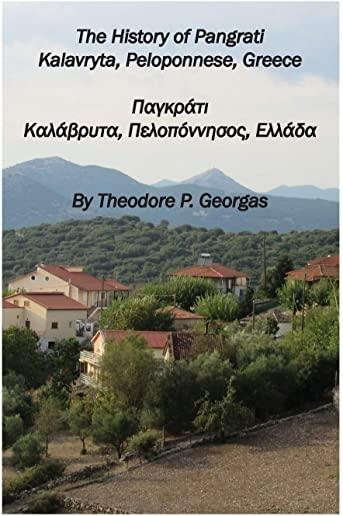
description
5Published in 1790, two years before the start of the Terror, Edmund Burke's Reflections on the Revolution in France offered a remarkably prescient view of the chaos that lay ahead. It provoked an enormous reaction, both supportive and critical, with a flood of pamphlets and books (including Thomas Paine's enduring denunciation, The Rights of Man). Endlessly reprinted and studied by countless scholars and other readers, this is a classic of political science and a cornerstone of modern conservative thought.
Burke ranked among the era's most eloquent defenders of democracy; however, he also realized the dangers of unchecked liberty and that mob rule is in no way better than the reign of a king or dictator. His lucid and passionate manifesto, written in the form of letters, employs examples from the aftermath of the French Revolution to demonstrate the superiority of gradual political change over outright anti-authoritarian revolt. A believer in practicality rather than abstract theorizing, Burke articulates a defense of property, religion, and traditional values that continues to resonate with twenty-first century readers.
Burke ranked among the era's most eloquent defenders of democracy; however, he also realized the dangers of unchecked liberty and that mob rule is in no way better than the reign of a king or dictator. His lucid and passionate manifesto, written in the form of letters, employs examples from the aftermath of the French Revolution to demonstrate the superiority of gradual political change over outright anti-authoritarian revolt. A believer in practicality rather than abstract theorizing, Burke articulates a defense of property, religion, and traditional values that continues to resonate with twenty-first century readers.
member goods
No member items were found under this heading.
Return Policy
All sales are final
Shipping
No special shipping considerations available.
Shipping fees determined at checkout.







